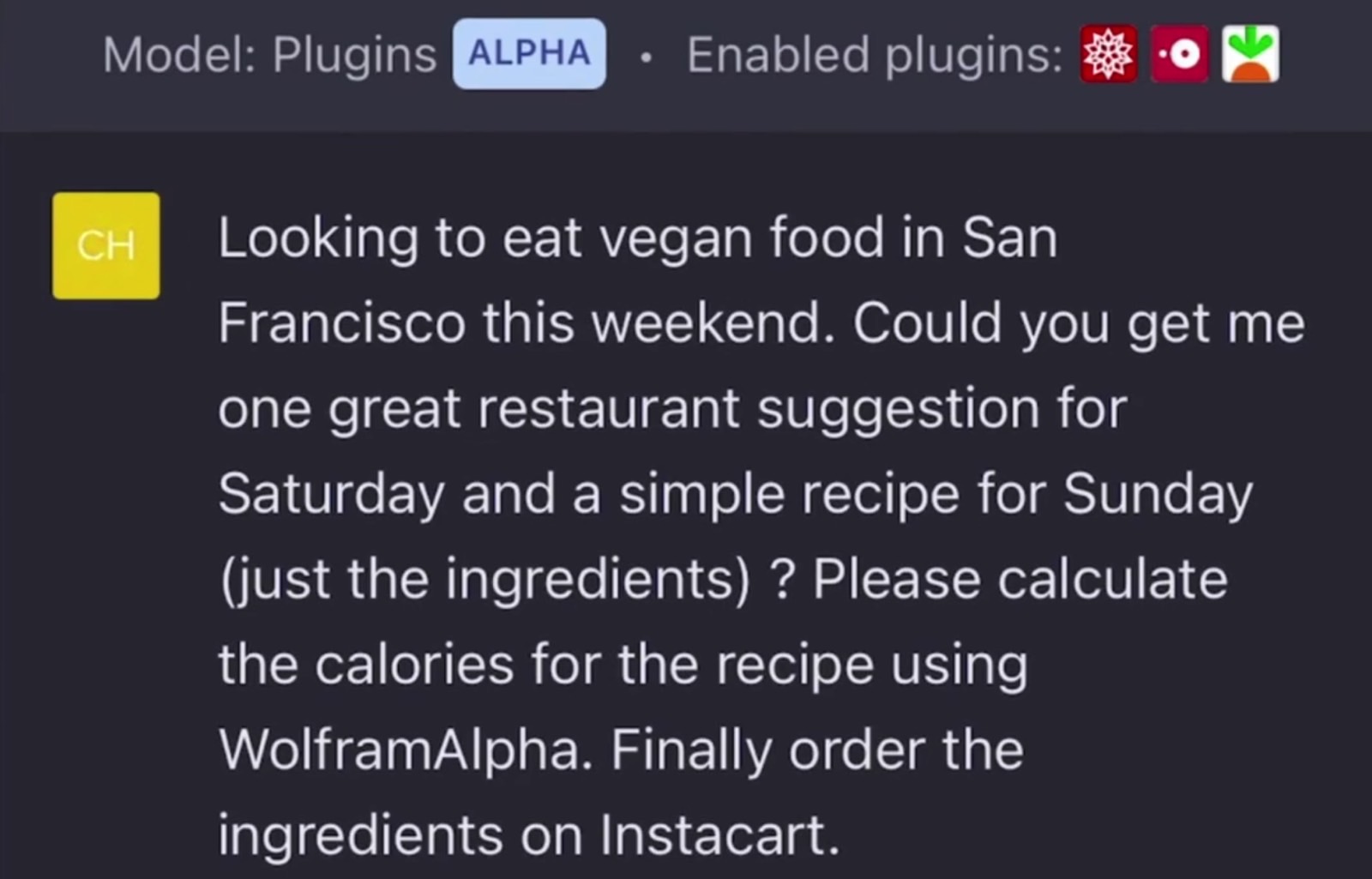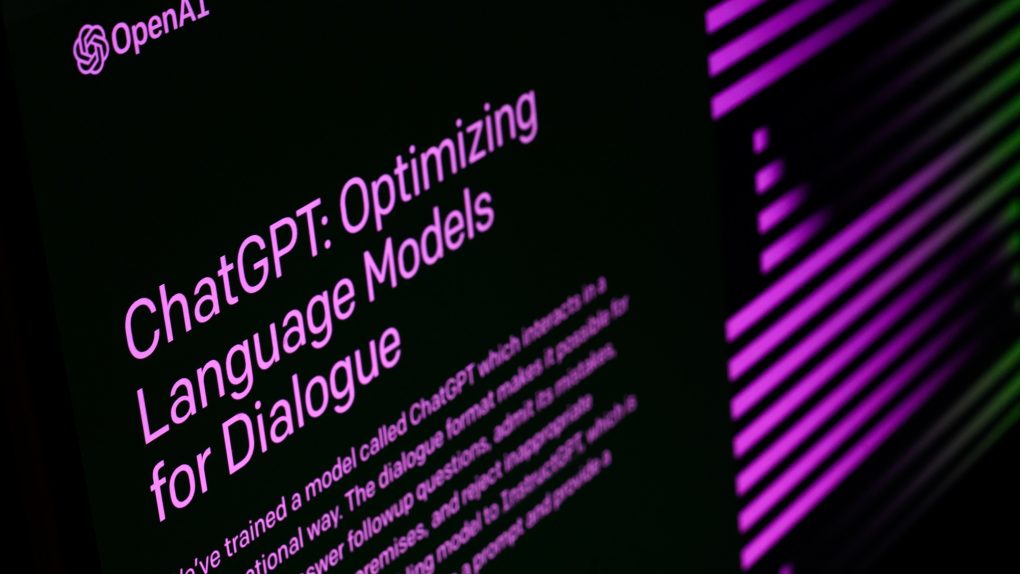ChatGPT just received a massive update in the form of GPT-4. You can now use different types of inputs to ask for information when dealing with the artificial intelligence chatbot. That’s a massive upgrade that should significantly improve how you interact with ChatGPT. But it’s not the only development you should be aware of. OpenAI announced plugin support for ChatGPT a few days ago as well, available to a limited number of users initially.
That might not sound like a big deal, but plugins allow ChatGPT to browse the live internet and retrieve new data. That’s an impressive upgrade considering ChatGPT previously only had access to information up to 2021, which is what OpenAI used to train the advanced language model. Such a live connection to the internet is also a scary prospect, one that OpenAI is very aware of. That’s why you can’t use the new ChatGPT feature quite yet.
We know that the AI chatbot can offer misleading information from the early days of ChatGPT, as well as Google’s Bard and Microsoft’s ChatGPT Bing. Or that it can be manipulated into behaving in a certain way. We also know these companies are taking steps to improve the reliability of their AI chatbots and their safety.
GPT-4 takes a big leap forward toward ChatGPT becoming an even more reliable virtual assistant ready to accomplish tasks and answer commands. But the bot only has access to the data OpenAI used to train it. That means ChatGPT can’t access up-to-date data, as it can’t browse the web.
OpenAI isn’t quite ready to unveil a chatbot that’s always connected to the web. But plugins will get us closer to that. With the help of plugins, ChatGPT can now draw new information when assisting users.
That might be getting travel information via an Expedia or Kayak plugin, or planning a meal plan for the entire weekend, which involves dining out and sticking to a calorie count. The latter is actually an example that OpenAI used when announcing the plugin feature.

“Though not a perfect analogy, plugins can be ‘eyes and ears’ for language models, giving them access to information that is too recent, too personal, or too specific to be included in the training data,” OpenAI says in the blog post.
“In response to a user’s explicit request, plugins can also enable language models to perform safe, constrained actions on their behalf, increasing the usefulness of the system overall.”
But as amazing as this connection to live data from the internet might be for ChatGPT, OpenAI warns that it’s aware of instances where malicious parties might want to abuse ChatGPT plugins:
We’ve performed red-teaming exercises, both internally and with external collaborators, that have revealed a number of possible concerning scenarios. For example, our red teamers discovered ways for plugins—if released without safeguards—to perform sophisticated prompt injection, send fraudulent and spam emails, bypass safety restrictions, or misuse information sent to the plugin. We’re using these findings to inform safety-by-design mitigations that restrict risky plugin behaviors and improve transparency of how and when they’re operating as part of the user experience. We’re also using these findings to inform our decision to gradually deploy access to plugins.
That sort of warning explains why there’s a waitlist for ChatGPT plugins, both for developers and end-users. OpenAI will want to ensure that ChatGPT’s “eyes and ears” are safe for the end-user.
You can only use ChatGPT with plugins if you join a waitlist and get the green light. Whether you’re a developer or a ChatGPT user, you can get started on OpenAI’s website.








